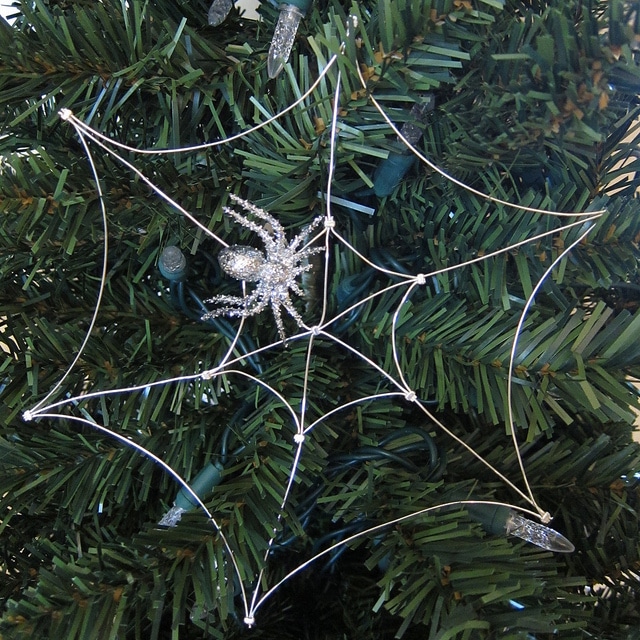Somewhere over the world one can see how different humans are despite belonging to the same race. Before travelling to other country different than your sweet home one you should know what things you should or shouldn’t do so you’re more elegant than the average tourist with the camera and the white socks!
For example, in some communities in South India there is a religious rite called Okali, which involves throwing babies from 15 meters aged from three months to two years old. The custom runs yearly from the terrace of a temple and seeks to ensure creatures with luck, health, prosperity and strength in the future. For those who believe that this is an “atrocity”, note that, beyond the trauma of the awkward fall, the launch is a “controlled risk” on the floor waiting for parents, family and friends with a sheet that avoids a bad fall.
In Russia, if you accidentally step on someone in the bustle of a crowd or even while dancing, be sure that the “victim” will gently return the stomp, not for the known law of “eye for an eye” but for you two to avoid future conflicts. It is also considered unlucky for the Russians to return home to to pick something you forgot. Usually, it is preferable to leave it behind, but if you go, then you should look at yourself in the mirror before closing the door or otherwise your path will be bad.

In Germany, a good speech or a lecture are celebrated by hitting desks in approval, while the claps are reserved for concerts or theatre performances. Some even claim that to be applauded may be a sign of disrespect or a way to ridicule the speaker. So, if after you speech you’re being applauded, perhaps you should worry!
You’ll find the WCs in Japan completely embedded in the floor as if they were a latrine with the drain tap against the wall. To ease its physiological tasks, the user must squat against the said tap, something certainly quite uncomfortable. Luckily, they’re learning some things from their occidental neighbors and now the toilets are not only in a higher position but also they are warm and wash you when you finish doing your stuff!

In Singapore, to chew gum is a civil offense and is punishable by law since 1992, unless it’s under medical prescription like the nicotin patch to stop smoking. A seller can be fined for selling it as well as a buyer for using it, and this is due to the gum dirtying the ground and uglifying the city, so you should find other way to keep your breath fresh!
It’s common to see in Mexican markets “chapulines” or fried crickets ready to eat as snacks or inside the popular tacos. They provide proteins and are recommended for their low calories and zero contribution to cholesterol. Lately, to eat insects is becoming necessary to assure the resources for all the world and eradicate the hunger.
Among the brides of the Tujia tribe, in China, to mourn is nothing spontaneous bridal business. A month before the wedding, the bride should mourn intensely for at least an hour a day. In the countdown, 20 days before the wedding must be added the mother, just as they must do when grandmothers and aunts missing 10 days. The matter does not end there. During the wedding, the bride should offer her “Song of Tears”, a kind of plaintive anthem in different colors and using different words as a sign of love and fidelity to her husband.

In Ukraine, the spider networks are a symbol of good luck and a Christmas decoration. Why? An ancient legend says the spiders inhabiting the house of a very poor family wove nets to decorate the Christmas tree and became gold and silver threads. To celebrate this miracle people put artificial cobwebs in the doors of their houses and Christmas trees to attract good fortune in the New Year.

Photos: Marie Slettan Ulvund, HIKARU Pan, Bex Finch and Katbaro.














